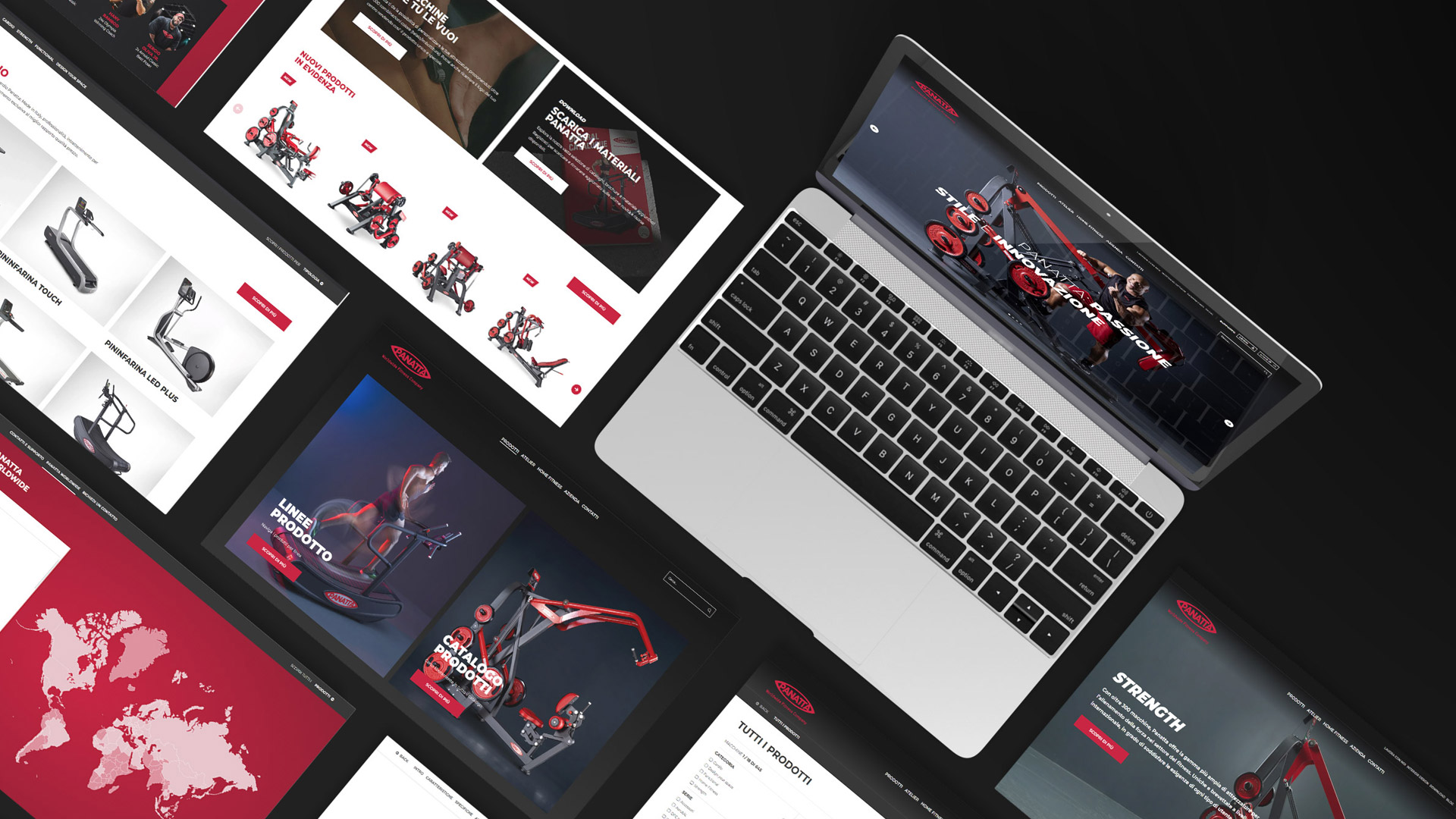Folio
Partiamo da ciò che ti rende unico
e, attraverso l’ascolto e la co-creazione,
raccontiamo in maniera efficace ciò che sei davvero.

Progettare AI agent nel mondo realeLa nostra challenge per Talent Garden

Costruire un’identità culturale condivisaLa rete museale dei Borghi della Cultura della Vallesina

Workshop per riflettere sulla relazione tra Latte e TempoUna giornata di formazione con Cooperlat e UnivPM

Un progetto culturale per la rigenerazione del territorioQui Val di Fiastra come percorso comunitario

PEPELAB Sostiene Cultura e Inclusione per i giovaniCome creare rete, insieme al Comune di Serra San Quirico, Arci Jesi Fabriano e la cooperativa Mosaico

Realizzare un evento che trasforma il luogoCantiere delle Marche Xmas Circus

Bando di Internazionalizzazione 2026Sostegno alle imprese marchigiane che partecipano a manifestazioni fieristiche nazionali ed internazionali, sia in presenza che virtuali, nel corso del 2026.

La facilitazione e l’impatto di un’aziendaIl caso di AerNova

L’IA come laboratorio di autoformazione: un’esperienza concreta

Il Natale come momento di incontroC’è ancora la stessa magia?

Come lo spazio può orientare il nostro sguardoUna lettura di Ratatà 2025

Orizzonti apertiUn viaggio nella visione condivisa di Smart Building Design
Progettiamo comunicazione
attraverso percorsi collaborativi,
che traducono in strategia il tuo valore
e il tuo comportamento.
Le nostre anime
Siamo al fianco di imprese, pubbliche amministrazioni ed enti non governativi per potenziare il loro successo.
Trasferiamo competenze come ente formativo certificato dalla Regione Marche, occupandoci dei temi che riguardano il linguaggio e le sue applicazioni economiche e sociali.
Realizziamo progetti sociali e culturali nel nostro territorio grazie a Pepelab, l’Associazione culturale che nasce dal desiderio del team di Tonidigrigio di creare reti, eventi, processi partecipati e valore diffuso.
Misuriamo l’impatto della transizione digitale sul mercato e sulle imprese attraverso l’Osservatorio Digitale, di cui Tonidigrigio è socio fondatore e che fornisce dati e strumenti per la presenza online degli enti e delle aziende.
Servizi
Strategy
Co-creation design
Value proposition
Business model
Positioning
Market analysis
Brand strategy
Design & Development
Brand identity
Integrated communication
Wireframe & Prototyping
UX UI Design
Development
Content Marketing
Management
Hosting
SEO Optimization
Media plan
Social media
Online advertising
AI Agents








